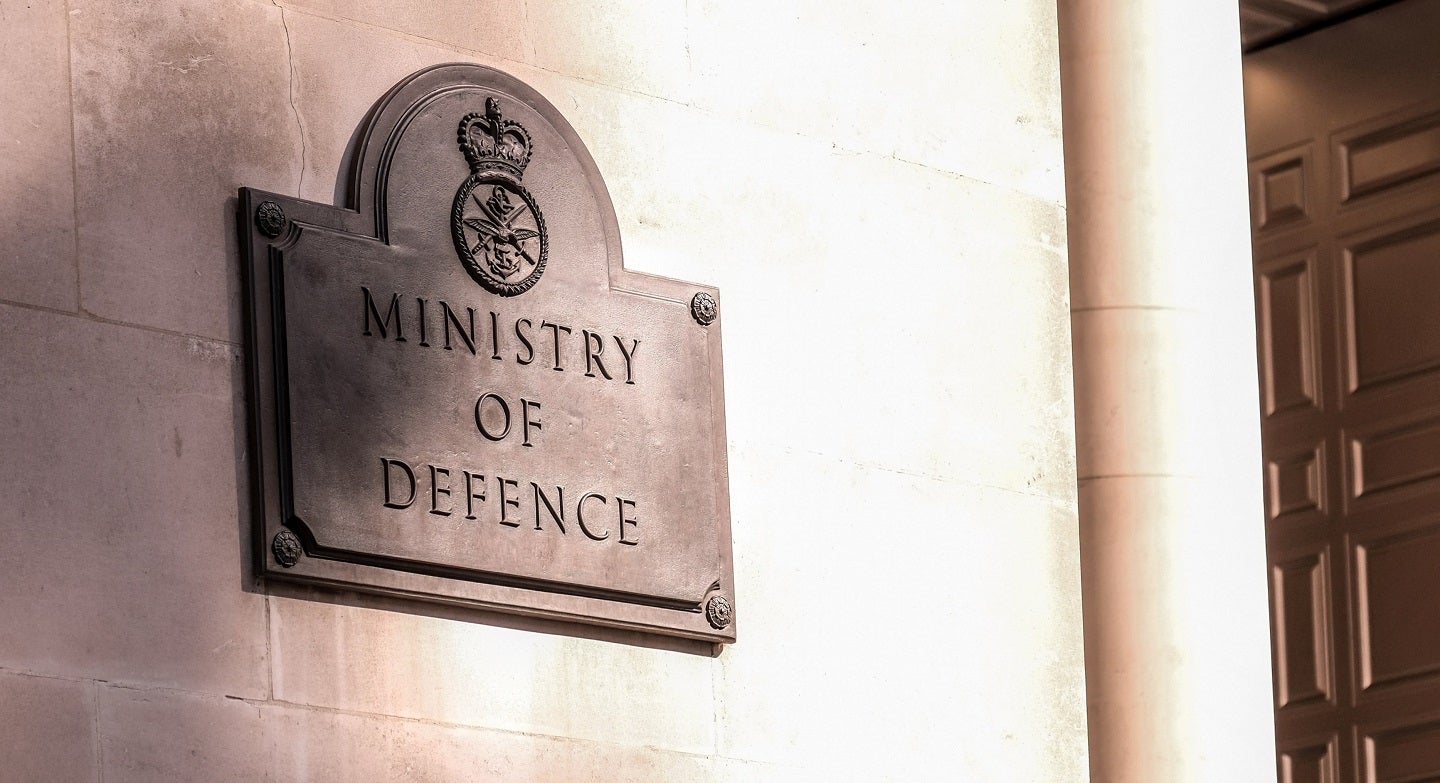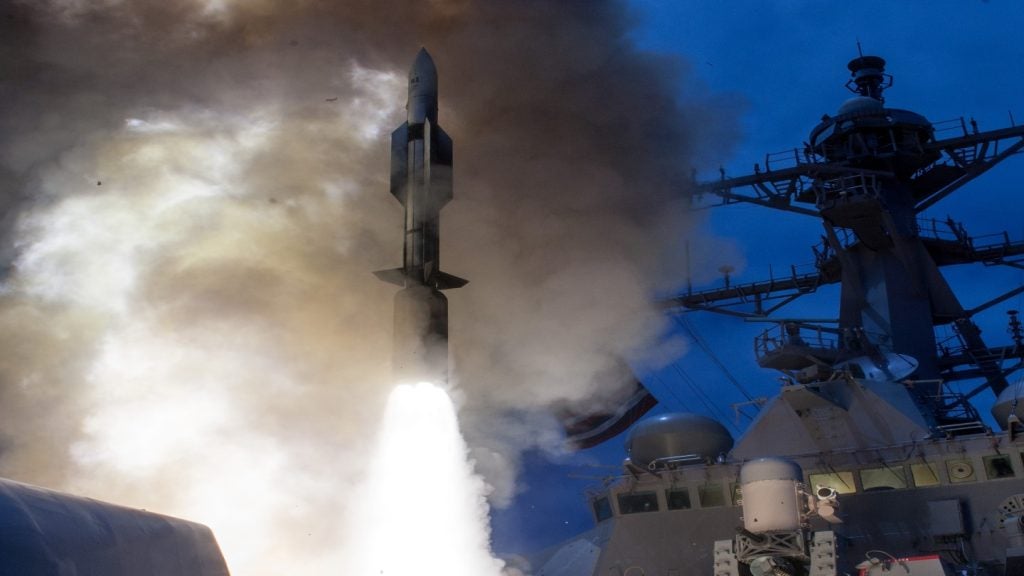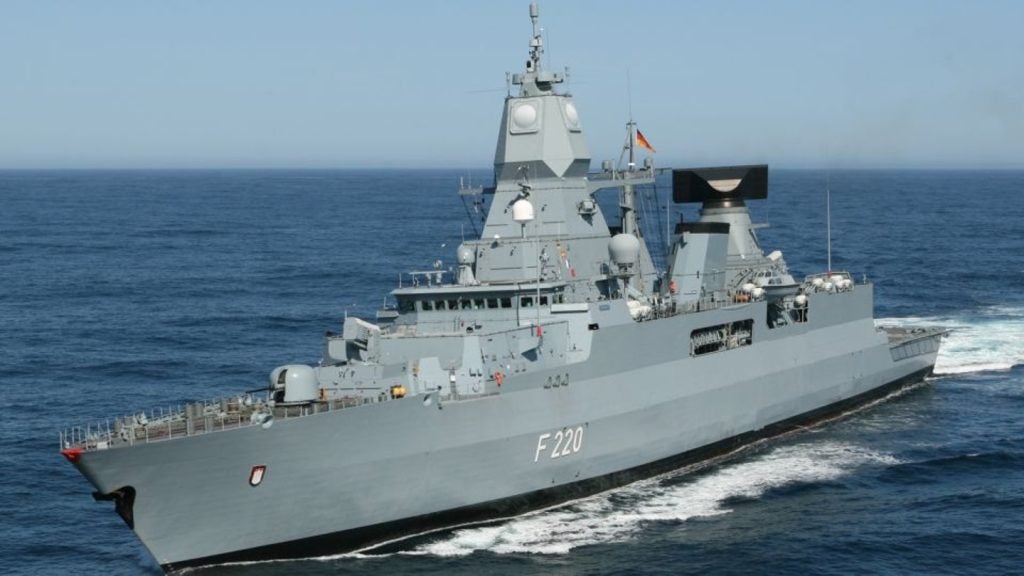
After establishing a sub-committee to investigate the principal entity for purchasing and then maintaining the UK’s military equipment in January 2023, the UK Defence Committee (UDC) published its findings on 16 July, in which it described the system in no uncertain terms: “It is broke – and it’s time to fix it.”
As the world finds itself in the grip of a tense geopolitical environment, demand for the most advanced weapon systems has sky-rocketed (pun intended). This has broken an enduring period of relative peace, in which defence, in the west particularly, had grown sleepy and neglected. The problem that the military now faces is restoring the armed forces to an appropriate level of deterrence suited to a new, so-called ‘dangerous decade’.
On the edge of the new age of conflict, we now ask what systems can give Europe the edge over Russian or Chinese aggression, while keeping in mind the cost, the timing and the capability. These are three fundamental factors that defence must grapple with if nations are to operate effectively.
In its report, the UDC asserted: “we have discovered a UK procurement system which is highly bureaucratic, overly stratified, far too ponderous, with an inconsistent approach to safety, very poor accountability and a culture which appears institutionally averse to individual responsibility.
“[The committee does] agree with the previous conclusions of the Public Accounts Committee from November 2021 that our procurement system is indeed ‘broken’. We believe the system is now in need of major, comprehensive reform.”
Balancing cost, time and capability
“We… need a system which places a much greater value on time, promotes a sense of urgency rather than institutional lethargy, and prevents endless ‘requirements creep’ by our own military,” the report emphasised.
How well do you really know your competitors?
Access the most comprehensive Company Profiles on the market, powered by GlobalData. Save hours of research. Gain competitive edge.

Thank you!
Your download email will arrive shortly
Not ready to buy yet? Download a free sample
We are confident about the unique quality of our Company Profiles. However, we want you to make the most beneficial decision for your business, so we offer a free sample that you can download by submitting the below form
By GlobalDataThe UK government takes pride as Europe’s largest, and the world’s second largest, supplier of military assistance to Ukraine. From Challenger 2 main battle tanks to Storm Shadow long-range missiles, the western donator has exceeded a value of £4.6bn in critical military aid, according a House of Commons Library report.
However, balancing its indefinite commitment to supporting a protracted war in eastern Europe while refilling its own war stocks has been a growing problem for the UK Armed Forces. While Nato has restructured itself to sustain equipment and resources, the UK remains in a hole from which it cannot resurface.
The UDC found that this is largely due to the fact that the military’s requirements are based on ‘exquisite procurement’.
“Exquisite procurement’ is the enemy of speed and time. Over-specifying a piece of equipment creates delays and budget pressures. Exquisite procurement also generally leads to greater cost and therefore less mass.” the report suggested. “Instead, The Front Line Commands and DE&S should aim for a ‘spiral development’ model as a default.”
Does the Defence Command Paper Refresh provide solutions?
Despite the lack of additional platforms in the land, sea, and air, or indeed space, one potential inclusion could be the most important of the DCP 2023: that of acquisition reform.
The UK Ministry of Defence (MoD) is a department that fails to spend its considerable budget (in excess of £45bn in 2021/2022) in an efficient manner, leaving European partners such as France as apparently getting more bang for their buck. Instead, the MoD would put practices in place to ensure that programmes are delivered faster, using more open architecture and spiral development.
“This is also a political imperative, as, if Defence is to acquire the increased resources which we strongly believe it really needs, including over the medium to long term—and not least from a Treasury grown weary from years of multiple, high-profile procurement failures—then the Ministry of Defence now needs to demonstrably ‘put its own house in order’, to make a convincing case that it really can spend money wisely.
“As procurement and subsequent in-service support of equipment now accounts for approaching half of the entire MoD annual budget, if this area cannot be fixed convincingly, those additional resources are unlikely ever to arrive at the scale really necessary to ensure our national security, as our century evolves,” the committee’s report argued.
“Assertions that the MoD will invest over £6.6bn in advanced research and development [R&D] efforts to ‘seize the opportunities presented by new and emerging technologies’ lack a certain gravitas in the face of mounting evidence of wasted capital,” GlobalData aerospace and defence analyst, Tristan Sauer, said.
“Such glaring lack of foresight and financial mismanagement severely undermines the credibility of the MoD’s forward-looking R&D efforts, as key industry partners may prove less willing to participate in certain large-scale R&D efforts without sufficient guarantees on future procurement.”







